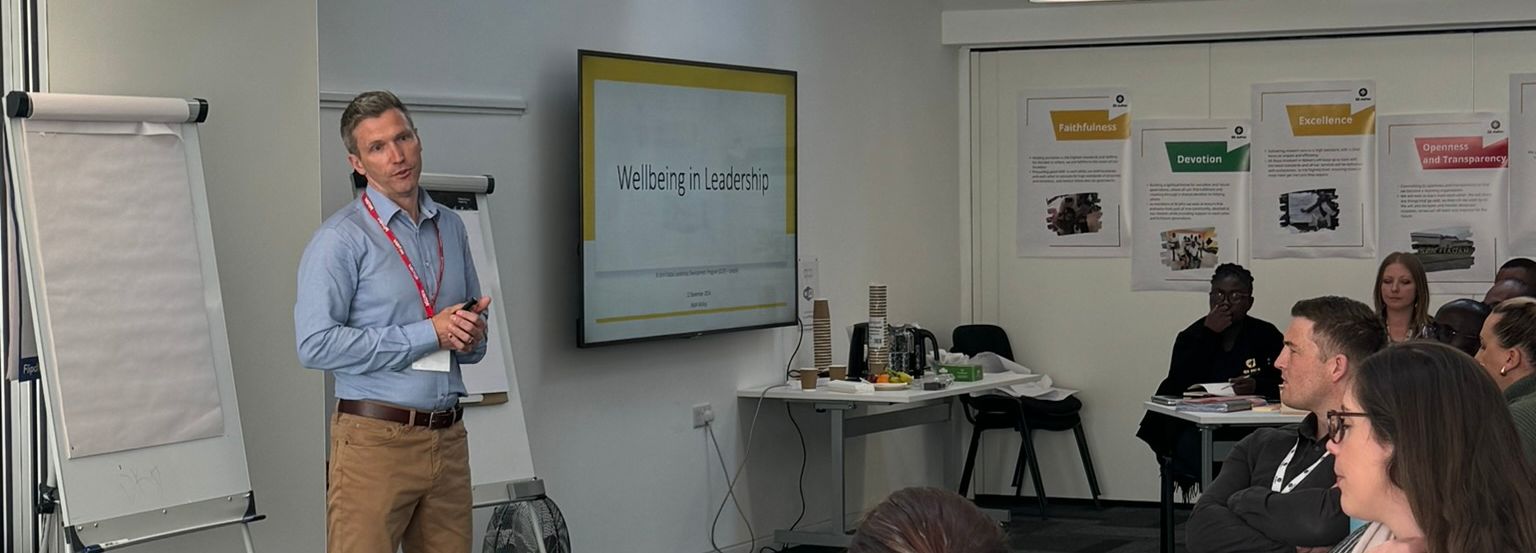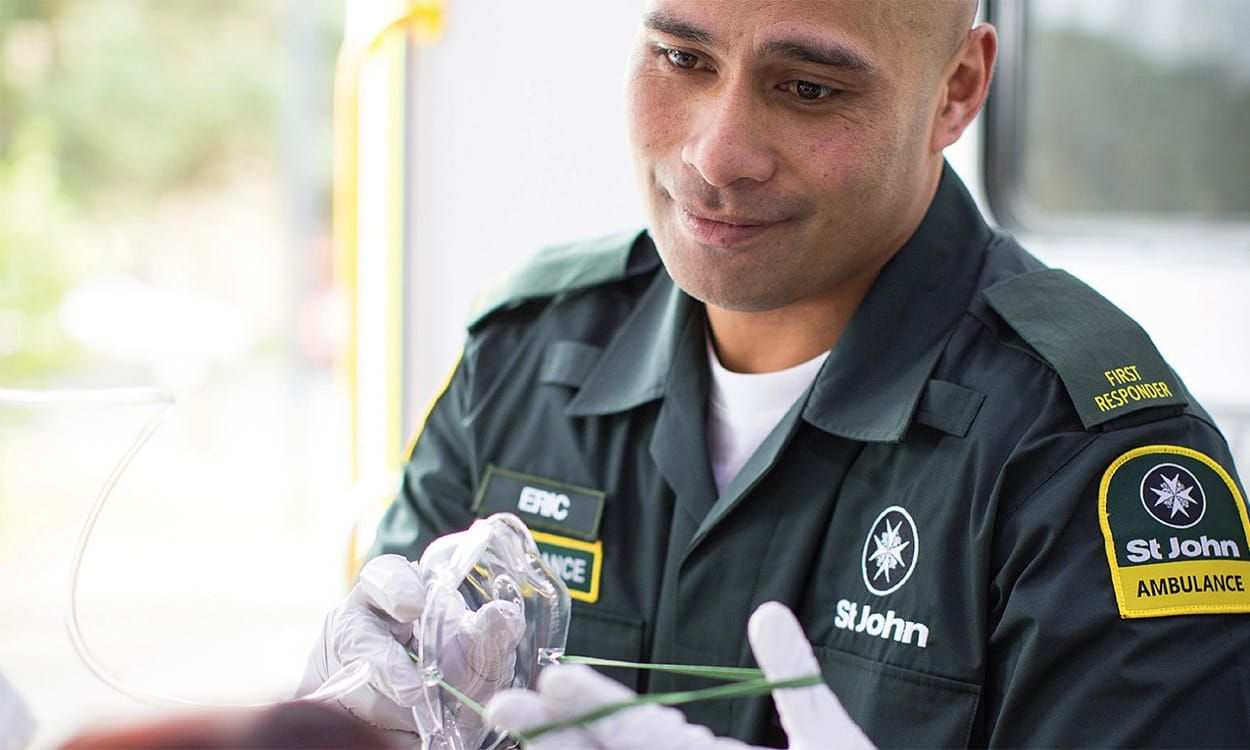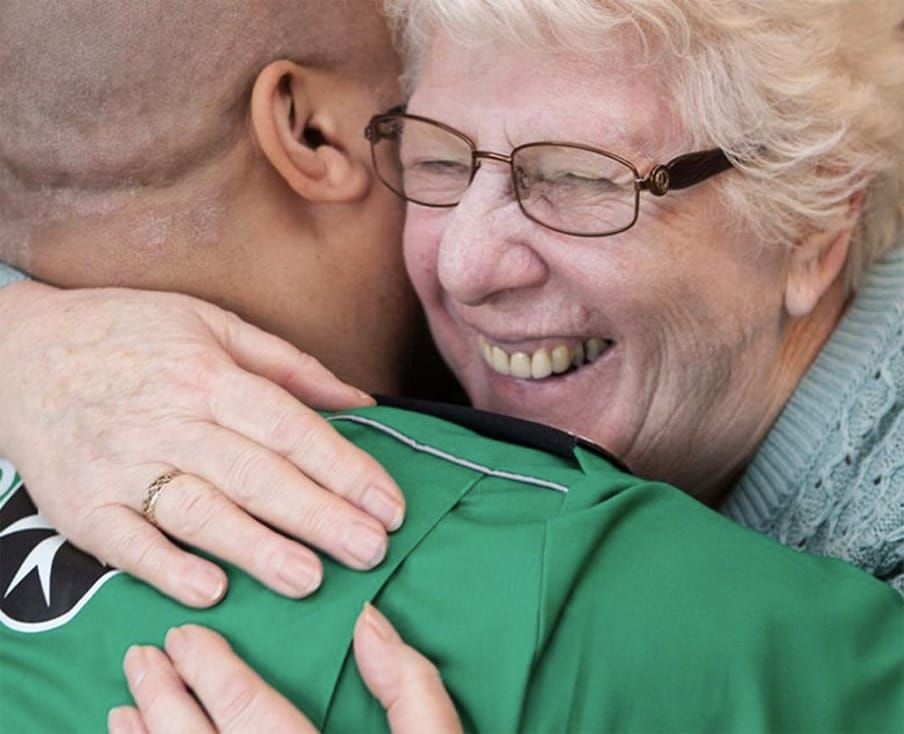I was recently given the honour and pleasure of addressing the inaugural St John International Global Leadership Development Program (GLDP) in London on a topic very close to my heart and an area of professional and personal passion for me; that being Wellbeing in Leadership.
For me there is no better accolade as a Leader than supporting a workplace culture that embraces individual and collective wellbeing, whilst reducing the stigma (and burden) of mental health. Ideally, through positive psychological principles that proactively recognise and support poor and/or declining mental ill health.
As a Leader, be that through seniority of role, rank or peer influence we have an obligation to protect our own wellbeing and in doing so demonstrate best practice to those in our charge. After over 20 years working in Frontline Emergency Services, it would be naive of me not to acknowledge learn experience. Occupational exposure and personal pressures, along with supporting colleagues at periods of psychological distress has taught me to lead with integrity and consistency, valuing the individual and the person above that of their role. I believe that open communication and actively acknowledging the needs of myself in correlation with those around me builds trust and ultimately a help seeking culture of open and safe conversations. At a time when someone is feeling at their most vulnerable, trust is paramount. Trust in you as a Leader and in the environment you endorse.
True wellbeing and wellbeing cultures are centred around humanised caring. Through the elements of self-care one can learn the continuum of mental health, understand your point of comfort and how to priorities yourself with protective cognitive measures to maintain the comfort. Moreover, the emotional intelligence that this insight provides will empower you to recognise change in another person’s emotional, psychological and social engagement. Thereby allowing early positive interaction, through appropriately directed communication to intervene early and support individualised recovery, whatever that might be.
I implore all member reading this to engage in proactive training on mental health and wellbeing. Not so much understanding conditions or diagnosis, but learning how to recognise change, support others and communicate openly…this is what changes cultures and breeds healthy teams.
Finally, the world is a hard place at times, we are all going through turmoil and changes day in day out. You are impacted by more than you realise and likely carry more stress than you care to acknowledge. Give yourself the time to acknowledge it, and the adopt positive strategies keep yourself well. You are important and your action impact those around you, so be a positive influence in our collective longevity.
Mark Molloy, Intensive Care Paramedic and Wellbeing Peer Support Officer at ACT Ambulance Service (previously National Manager Training and Development at St John Ambulance Australia), joined our Global Leadership Development Programme to share his experiences around the importance of wellbeing in leadership.






